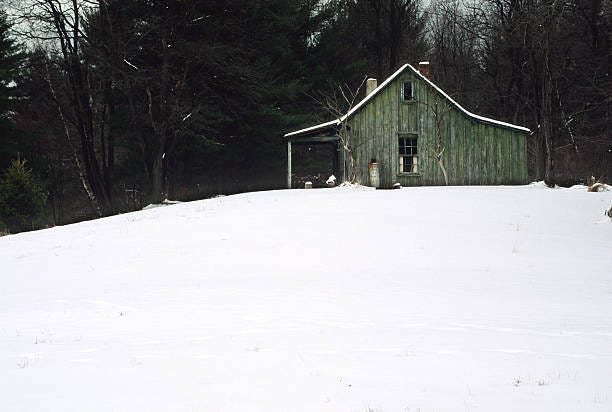
I held many insightful interviews on my show this morning and afternoon—each one with a slightly different angle on the impacts of this historic winter storm.
Just to name a few, there was Jacob Pucheu who gave updates on bridges, accidents, and road closures. Jacque Thibodeaux explained his assessment of the statewide damages from the storm. Then JP Morrell gave us his perspective on how it’s affecting us on the community level.
Through all of these interviews, although different, a few things rang true regardless of who I spoke with.
The first thing is that we aren’t through this yet. Tonight, and even tomorrow night, we are going to plunge back into freezing temperatures. That means the snow will stick around and ice will accumulate, enough to keep the Causeway closed for the time being.
The second thing is that the greatest threat right now right now isn’t the snow; it’s us.
Thibodeaux, Director of the Governor's Office of Homeland Security & Emergency Preparedness (GOHSEP), explained the consequences of taking unnecessary rides, “Up until and through yesterday, we had only had 50 accidents statewide, which was phenomenal. Since this morning, though, in New Orleans, Baton Rouge, and Lafayette, we had over 50 accidents. Again, we’re asking people to stay off the roads for 24 hours… When we have an accident and a power line is damaged it’s impacting more people than you can imagine.”
What these folks on the road must understand is that a single downed power line isn’t just an inconvenience, it affects more than power. It can also affect critical water systems, it forces other emergency vehicles to spend time on the road to handle the accident damage. It dramatically increases risk and creates more stress on our already stressed-out emergency infrastructure.
However, even if you’re driving because you have to, you need to exercise caution.
Pucheu, PIO for Louisiana State Police Troop B, says concerning roads and bridges, “A trooper sent me a picture of the causeway on-ramp to I-10. Someone slid off the ice and many cars are now stuck… Bridges and overpasses always tend to freeze first. So, if you’re traveling on roads that are open, be mindful when you’re approaching those spots.”
JP Morrell summarizes the issue when he says, “When the government suggests you stay in your home for your safety and for your community, we're not doing that idly. We're not trying to give people cabin fever. We're trying to say with the resources we have, it's not safe for you to be on the streets.”
Finally—there’s a third thing that’s been a common theme throughout my show. And that’s that the people who are risking their own safety have done a damn fine job at mitigating the severe threat of this winter storm.
We should all be highly appreciative, because it’s allowed us all to be able to relax a bit and enjoy this once-in-a-lifetime experience.
Whether that’s the local and state police patrolling the roads and keeping them closed, management and maintenance workers who look after key pieces of infrastructure like the Causeway or CCC, local fire depts., EMS operators, or front line workers for Entergy or S&WB—so far your work and response have been extremely effective.
Let’s allow these folks to keep that going. Tomorrow will be the last and largest test because things will begin to reopen, and people will start feeling real pressure to be “out and about.”
As Pucheu said earlier, “The vast majority of those people we’re encountering (with crashes) are just out and about.”
Look, if you have to go to work, take care of elderly parents, or have a medical emergency, that’s one thing. But any out-and-about-ism should not be tolerated. I understand that there are necessities, and nobody’s faulting you for going somewhere you 100% need to be.
However, anything that falls outside of that range has to be put on the back burner for the sake of your fellow citizens and those who respond to the messes you might make.
Right now that’s the major threat. It’s up to us to minimize it.
